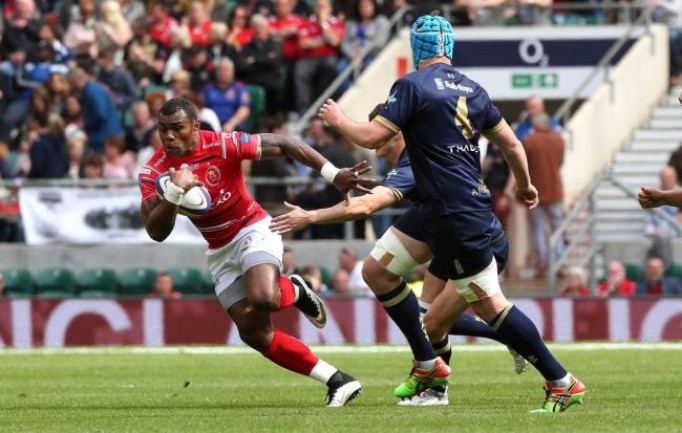
Combat Stress is honoured to have been selected as the chosen charity of next year’s Army v Navy rugby match which will take place at Twickenham Stadium on Saturday 4th May 2019…
The annual match is the largest amateur sporting event in the UK and regularly draws a capacity crowd of 81,000 to the home of English rugby. Combat Stress will be collecting money around the stadium on the day and the charity will receive £1 from every programme that is sold and £1 from every reusable cup that is returned to specific charity bins around the stadium.
|
Get weekly jobs and transition advice. Unsubscribe anytime. |
Sue Freeth, Chief Executive of Combat Stress, said: “It’s a great honour to be the chosen charity of the Army v Navy 2019 match. With more than 80,000 people expected to attend, it will be a fantastic opportunity to raise awareness of veterans’ mental health and the importance of seeking help.
“Next year marks Combat Stress’ centenary. From our 100 years’ experience of supporting former servicemen and women with mental health issues, we know how vital it is they receive the best possible treatment. Every penny raised for Combat Stress at the match will enable us to continue providing life-changing treatment to veterans in need of help.”
Gary Bushell Chairman of the Army Navy Match Committee said: “We are delighted to welcome Combat Stress as the chosen charity of the day for the 2019 Army Navy Match. They provide life-changing treatment, care and support to help veterans tackle the past and take on the future.
“The Committee, along with both Unions, were unanimous in their support for Combat Stress to be the charity of the day for the 102nd Army Navy fixture, we wish them well and we hope they enjoy being part of the event.”
Andy, an Army veteran who was helped by Combat Stress said: “It’s great that the Army v Navy match is fundraising for Combat Stress. It’s one of the biggest days of the year for both Forces and I hope everyone gets behind the charity to raise lots of money for them.
“Before I contacted Combat Stress, I was struggling with anxiety, depression, anger and guilt. It was frightening not knowing what was happening to me. Combat Stress helped me to understand I had post-traumatic stress disorder and gave me the tools to manage my symptoms. Now thanks to them I’ve got my life back.”